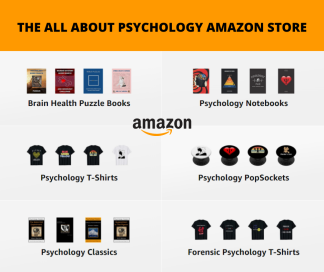Psychology Classics On Amazon

🧠 Want to reach a psychology-focused audience?
Sponsor this page
Why Do We Like Horror Movies
by Barbara Tallis
(Buffalo, New York)
Why do we like horror movies despite feeling scared?
Comments for Why Do We Like Horror Movies
|
||
|
||


